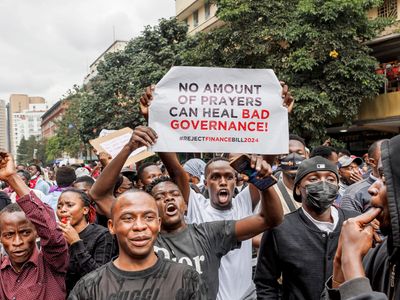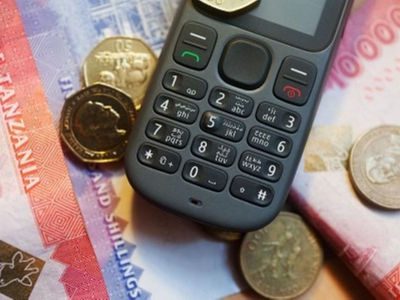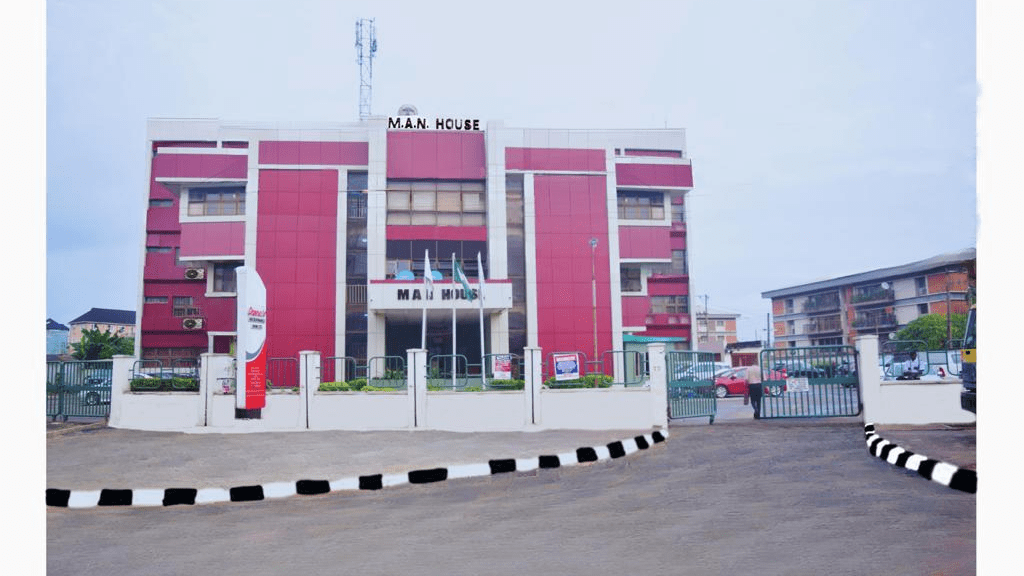
From Kenya, Uganda, South Africa, and Ghana, to Nigeria, corruption is becoming a more vexed and contentious issue. In Kenya, the Gen Z Revolution has pinned it up as one of the key problems that must be solved yesterday.
In dictatorships, half-dictatorships, quarter-democracies, half-democracies, and liberal democracies in Africa, graft is rampant in all but a handful of countries.
How does one explain this, without naming thieves individually, or mentioning the word “greed”? As the clever folks might ask, what are the structural reasons?
There are many reasons, but we will focus on three; first failure, second democratic success; third social sophistication. Failure because since the late 1980s, following the failure of socialist experiments, and government-controlled economies, Africa has been doing liberalisation, tinkering with free market forces, and socialism lite in the form of “state capitalism” (in Ethiopia for example) but, after a decade or so or boom, it has all stalled.
In parts of Africa not too long ago, you needed to get a letter from a Permanent Secretary, minister, or President to buy foreign exchange (at a price fixed by the Minister of Finance), to buy a car from a dealer, or to buy a crate of beer
The government set the price of cotton, coffee, tea, rice, sugar, even potatoes. Only a state monopoly could buy your grain, coffee or tea – and pay you three years later if you were lucky. The African soil has been well fertilised by those who died of heartbreak waiting for a state monopoly to pay them for their produce. Apart from mboga, roast maize, and peanuts on the roadside, there were few things whose price was determined by the producer. Even school uniform prices were controlled by state bureaucrats. In a Central African country, the president designed the school uniforms.
Through this monopoly and price setting, the state stole from honest workers and distributed this surplus among its officials and politicians. However, the coffee marketing board, grain authority, or cotton buying agency, weren’t considered stealing from the people.
From the end of the 1980s, many of these state monopolies ended in the wave of economic liberalisation, and private businesspeople and organisations were now the ones buying the coffee, cotton, maize, wheat, beans, and potatoes at market prices.
The producers were paid slightly better, and more promptly. If, say $1.5 billion was going into the pockets of the state bureaucrats in state-controlled economies, that money moved to the private sector, but the demand for it in the state remained. Therefore, they clawed it back by taking it corruptly from the taxes, which had grown in size from economies that had expanded from reform and liberalisation.
However, this economic expansion wasn’t enough to create all-round wealth and riches, otherwise, we would have afforded to pay a junior civil servant $5,000 a month, give her a car loan, and an affordable mortgage so that they wouldn’t have to steal from the taxpayers. The post-Cold War economic project had failed.
Secondly, a good thing happened. One-party rule ended in nearly all of Africa. Until the recent spate of coups in West Africa and the Sahel, except for Eritrea, all countries had independent parties, even where an autocrat was in State House and routinely stole elections when he organised them. This was still a success, even if qualified.
Political competition raised the cost of obtaining voter support, winning political office, keeping parliamentarians on the president’s side, and watering the ruling party machine. To fund it, the politicians raided the Treasury.
Now one-party and military dictatorships were very corrupt too (as Kanu rule in Kenya and Mobutu Sese Seko in DR Congo proved). However, what has happened in the more democratic era is that demand for patronage has grown exponentially. Corruption has been democratised.
Democracy also grew the ranks of the elite and intellectuals who supported various political parties. When they came to power, they had many highly educated and articulate ranks who spouted PhD-level defences of corruption. This is one of the biggest differences between old and new corruption.
Thirdly, as a result of unequal economic growth, and the accompanying decline of the public systems, there was a sufficient middle and upper-working class to pay for their children to go to better private schools. This is one element of the social sophistication we spoke of. The others are private hospitals, fenced-off estates, expensive private gymnasiums, and so forth.
This “private solution to public problems”, as some have described it, took away not just talent that would have created better-run public sectors, but it meant that some of the best and brightest of a country no longer felt the pain of state failure, bad service delivery, and corruption.
Therefore they didn’t invest effort in fighting corruption, allowing it to feed and grow fat. The Kenya Gen Z uprising is unusual in that it broke the wall between those who went to schools which have fences and football pitches with manicured grass, and those who went to schools without a fence, and whose football grounds are red Earth dirt.
The author is a journalist, writer and curator of the Wall of Great Africans. Twitter@cobbo3






